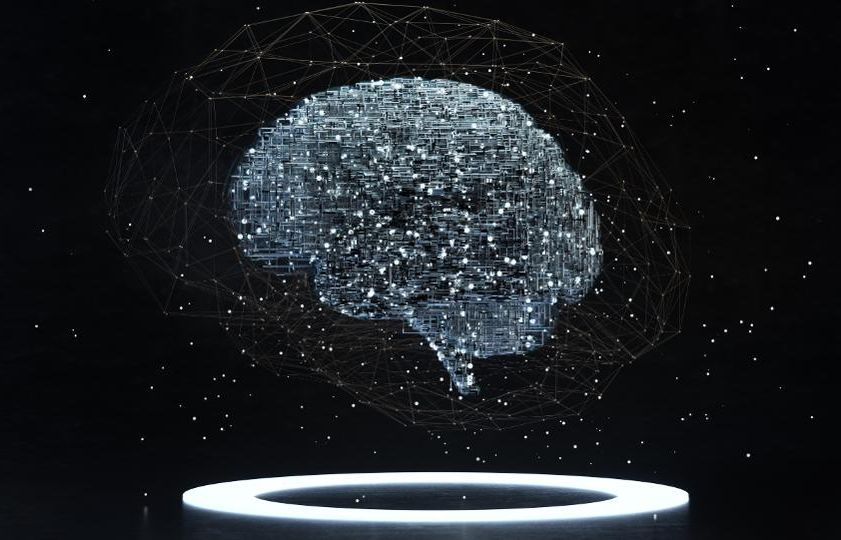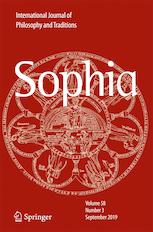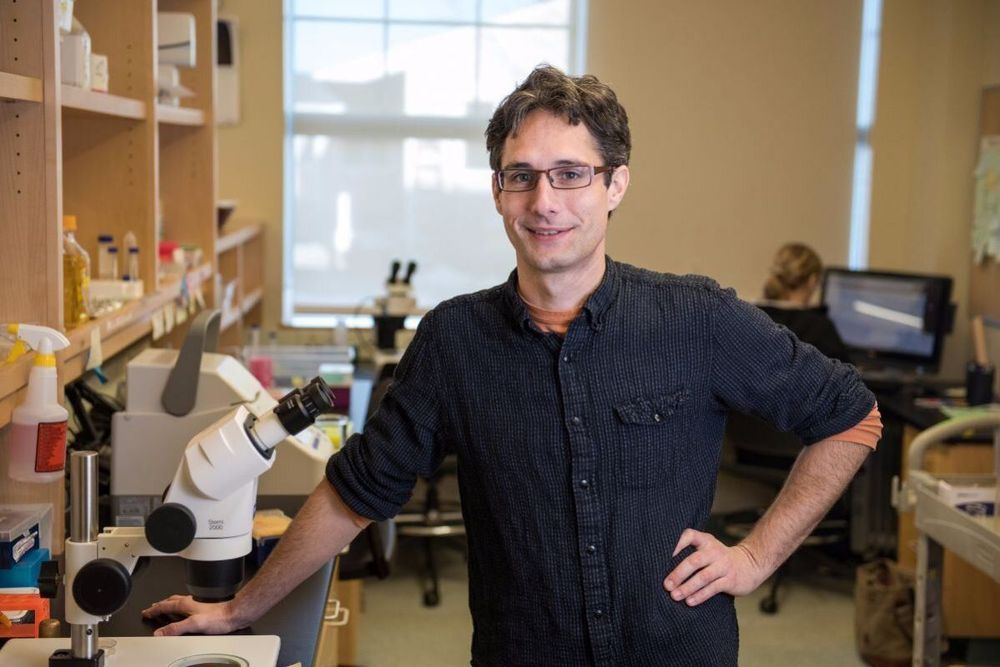Would you like to live to be 400 years old?



Telomerase defers the onset of telomere shortening and cellular senescence by adding telomeric repeat DNA to chromosome ends, and its activation contributes to carcinogenesis. Telomerase minimally consists of the telomerase reverse transcriptase (TERT) and the telomerase RNA (TR). However, how telomerase assembles is largely unknown. Here, we demonstrate that PES1 (Pescadillo), a protein overexpressed in many cancers, forms a complex with TERT and TR through direct interaction with TERT, regulating telomerase activity, telomere length maintenance, and senescence. PES1 does not interact with the previously reported telomerase components Reptin, Pontin, p23, and Hsp90. PES1 facilitates telomerase assembly by promoting direct interaction between TERT and TR without affecting TERT and TR levels. PES1 expression correlates positively with telomerase activity and negatively with senescence in patients with breast cancer. Thus, we identify a previously unknown telomerase complex, and targeting PES1 may open a new avenue for cancer therapy.
Telomerase is a ribonucleoprotein (RNP) enzyme that adds telomeric repeat DNA to chromosome ends (1–3). This prevents progressive shortening of telomeres caused by the failure of the DNA replication machinery to duplicate the very end of each chromosome. Once telomeres are shortened to a certain length, cells enter replicative senescence or, alternatively, undergo apoptosis, a major tumor-suppressive mechanism. Telomerase, which is required for de novo telomeric repeat DNA synthesis and telomere maintenance, is expressed in approximately 90% of cancer cells but undetectable in the majority of normal somatic cells (4–6). Thus, telomerase is thought to be a relevant factor in distinguishing cancer cells from normal cells and has become a target for cancer therapy.
Telomerase is minimally composed of the telomerase reverse transcriptase (TERT) and the telomerase RNA (TR). Studies have shown in vitro assembly of active telomerase by combining the purified RNA component with the TERT synthesized in rabbit reticulocyte extract (7–9). A few accessory proteins have been identified to associate with the active telomerase RNP complex. The molecular chaperones p23 and Hsp90 bind to human TERT (hTERT), and chemical inhibition of Hsp90 decreases telomerase activity (10, 11). However, determining whether Hsp90 is required for active telomerase assembly is difficult because chemical inhibition of a key chaperone in human cells potentially has pleiotropic and indirect effects. Assembly of human TR (hTR) and hTERT into catalytically active telomerase is facilitated by the adenosine triphosphatases Reptin and Pontin (12). Pontin knockdown (KD) reduces telomerase activity and hTR levels.
“The team used an advanced imaging technology called “zero-mode waveguide single-molecule fluorescence microscopy,” which they have adapted in recent years for real-time tracking of RNAs and proteins. Ribosomes are made of both RNA and proteins, reflecting a molecular partnership that is widely believed to go back nearly to the dawn of life on Earth.
In a proof-of-principle study published last year, the researchers used their approach to record an early, brief and relatively well-studied stage of ribosome assembly from the bacterium E. coli. This involved the transcription, or copying out from its corresponding gene, of a ribosomal RNA, and initial interactions of this RNA strand with a ribosomal protein.
In the new study, the team extended this approach by tracking not only the transcription of a ribosomal RNA but also its real-time folding. The work provided a detailed look at a complex, and until-now mysterious, part of E. coli ribosome assembly — the formation of an entire major component, or domain, of the E. coli ribosome, with assistance from eight protein partners that end up incorporated into the structure.”
The achievement, reported in Cell, reveals in unprecedented detail how strands of ribonucleic acid (RNA), cellular molecules that are inherently sticky and prone to misfold, are “chaperoned” by ribosomal proteins into folding properly and forming one of the main components of ribosomes.
The findings overturn the longstanding belief that ribosomes are assembled in a tightly controlled, step-wise process.
“In contrast to what had been the dominant theory in the field, we revealed a far more chaotic process,” says James R. Williamson, PhD, a professor in the Department of Integrative Structural & Computational Biology at Scripps Research. “It’s not a sleek Detroit assembly line — it’s more like a trading pit on Wall Street.”

The European patent authorities have rejected an attempt to register an AI as an official inventor.
The possibility’s been a subject of debate for some time, and last summer a group of legal experts decided to force the issue. The group, led by Professor Ryan Abbott of the University of Surrey, submitted designs developed by an AI to the authorities in the US, UK and Europe, and later Germany, Israel, Taiwan and China.
The AI concerned, named Dabus, was created by Stephen Thaler, and is described as a connectionist artificial intelligence.



This special issue of ‘Sophia’ aims to reflect upon future evolutions of religions and their related narratives and imaginaries from a critical and generative understanding of our ancient sources. Bodies are locations of creative power and symbolic proliferation. Cyborgian, transhuman, and posthuman embodiments are going to generate visions of the divine in tune with such an epistemic shift, by addressing questions such as: can God be represented as a cyborg? Could robots and avatars be prophets? Is internet a suitable setting for a posthuman theophany? This special issue articulates within the frame of a relational ontological perspective, according to which the notion of the divine evolves, as much as human and non-human persons do. In this evolutionary scenario, the representation of the divine realm may shift from era to era, adapting to new natural-cultural formations. This special issue argues that the posthuman paradigm shift will be followed by a symbolic turn in religious imaginaries as well.
In a posthuman future, human and non-human beings, plants, and minerals will most likely co-exist with advanced artificial intelligence, sentient robots, and conscious humanoids. As futurist Ray Kurzweil affirms: ‘The introduction of technology is not merely the private affair of one of the Earth’s innumerable species. It is a pivotal event in the history of the planet’ ( 1999, p. 35). Religions will need to re-think their theological approaches in order to allow for different types of subjectivities and embodied entities to partake in the religious quest. Religions themselves are material as well as symbolic networks, actualized through words, prayers, metaphors, rhythms, images, and symbols, among many other expressions. The physical, the virtual, and the symbolic are inextricably intertwined. In the era of the cyborg, God is not only human; in the era of the post-human, humans are not the only prophets.


Sarcos sprinkled the flavor of the future on last year’s CES show when it revealed the latest evolution of its robotic exoskeleton technology, the Guardian XO. At this year’s CES, the Salt Lake City-based robotics specialist and Delta Airlines announced pilot trials, with Delta employees set to be among the first workers to suit up in the battery-powered, force-multiplying wearable robots, enjoying superhuman strength and endurance without body wear and tear.
Few things make us want to trade a cushy gig of rambling away about gadgets semi-coherently on the Web for a life of physical labor like the Guardian XO. A full-body robotic suit that turns its wearer into something of a near-cyborg superhero, the XO looks straight out of a dystopian sci-fi thriller and brings the capabilities to match. It bears its own substantial weight, along with 200 additional pounds (91 kg) of payload, letting the wearer lift heavy objects for hours without physical strain or fatigue.
Sarcos says the Guardian XO takes under 30 seconds to put on or take off, responds in milliseconds to the operator’s movements, and amplifies his or her strength by up to 20 times. It offers eight hours of battery power, and a hot-swapping battery system allows users to extend that operational time. All in all, it’s a highly impressive machine meant to help humans complete obligatory lifting tasks that would be difficult or impossible to tackle with more conventional lifting machinery.

Scientists at the MDI Biological Laboratory, in collaboration with scientists from the Buck Institute for Research on Aging in Novato, Calif., and Nanjing University in China, have identified synergistic cellular pathways for longevity that amplify lifespan fivefold in C. elegans, a nematode worm used as a model in aging research.
The increase in lifespan would be the equivalent of a human living for 400 or 500 years, according to one of the scientists.
The research draws on the discovery of two major pathways governing aging in C. elegans, which is a popular model in aging research because it shares many of its genes with humans and because its short lifespan of only three to four weeks allows scientists to quickly assess the effects of genetic and environmental interventions to extend healthy lifespan.